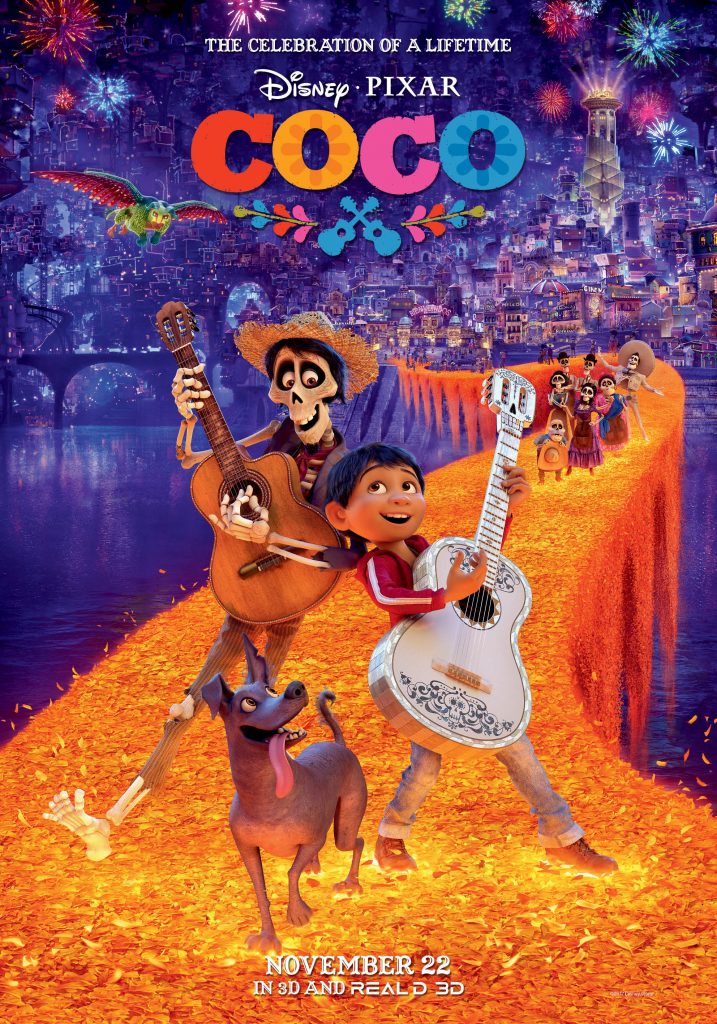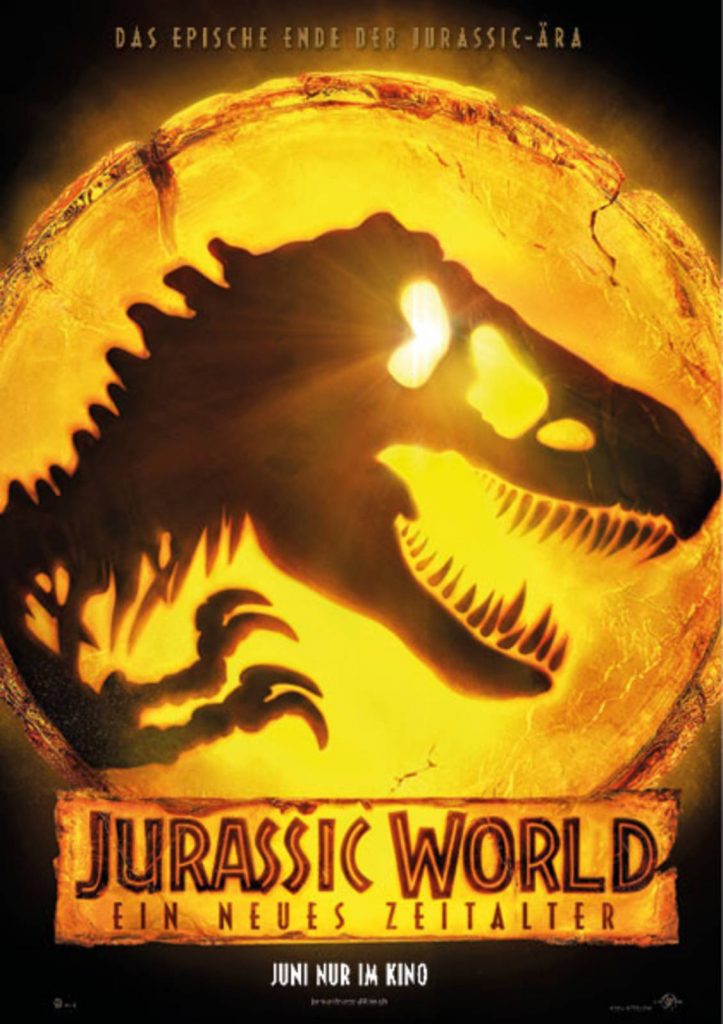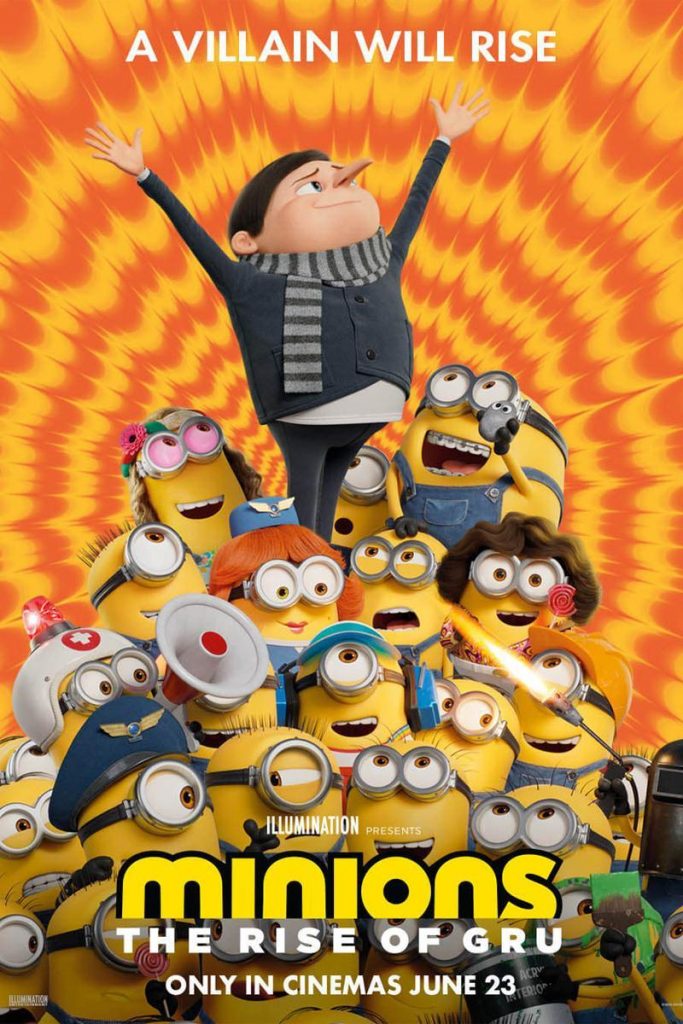As a rule, films that are called “hard science fiction” by the general public are prone to controversy, with the “academics” on one side, who are always on the lookout for the film, and the “admirers” on the other side, who are only interested in whether the film looks good or not. “The former is good at nitpicking, the latter is good at rounding up, and the result of the debate is nothing but “hard hitting” and “you’re good, you’re good”. …… And The film “Mars Rescue”, since its release in the United States, has been constantly blown up by critics of all kinds, to the point that “academics” have begun to analyze the “plausibility” of the film with great interest, which is a great disappointment to Ben Bear, a science fiction writer ( What’s the point of a world without bickering and sparring?) –The last time a so-called “hard science fiction movie” attracted such widespread acclaim was Star Trek – the work of the great Nolan!
For those who have seen the original “Mars Rescue”, the first thing that struck you was the comedic and slightly crude terminology of the main character, right? Yes, although the beginning is not faithful to the original presentation, Matt Damon dude still uses his mouth as a weapon to give the audience a hard time right at the beginning – yes! Scumbags! I’m not the Jason Bourne of 10 steps and a thousand miles from Spy, but the …… er, tease – just tease, don’t even need a name, thanks – from Teddy Bear.
The film is 144 minutes long, but the screenplay is very professional, taking a NASA-assisted science education documentary on the exploration of Mars into the realm of trashy disaster movies in a mere four minutes, skipping all the background, detailing and messy preliminaries, and bringing the story to the point in an extremely brutal and brief manner – the main character is dead!
The first time I saw the film, I was convinced that the man who took the piss was really a dead man’s wife. …… After all, it’s a default rule that people die at the beginning of most disaster films depicting space action, such as the previous hard science fiction masterpiece Gravity – oh, and two of them died at once.
And yet, our protagonist, he stood up, for goodness sake, in a storm that could have blown down a rocket, in a head-on collision with a satellite wire, in the pain of blood loss and oxygen deprivation, he stood up and lived. But he was about to face his second, third and even ninety-first test – the next batch of humans to fly to Mars was four years away, so my older cousin, Matt Damon, was stranded on a deserted island 380 million kilometres from the civilised world, with extremely limited water, air and food, and in the few miserable days left in his life It is not possible to be resupplied in the
You see, it’s almost like a future space version of Robinson Crusoe, and if Hollywood had made it in the 1920s, they might have given you a special effects equivalent of Teletubbies as “Friday” …… However, for us laymen, growing potatoes on Mars is about as difficult as Robinson building a national park on a deserted island with his bare hands – and with pandas living in it.
So don’t underestimate the whole potato-growing thing. All you need to grow potatoes in the big city, Iron Range, is another potato; whereas you grow potatoes on Mars, you have to know how to put on a spacesuit, repair a space vehicle, handle a nuclear reactor rod, make water from rocket fuel, sew yourself up …… Oh and of course, you have to be a fucking botanist! Just to grow potatoes! Reality certainly doesn’t tell you this in such a fussed over way, but, for example, the difficulty and feeling between eating the same instant noodles, on the roof of a building in Tangcheng Yipin with a bird’s eye view of the entire Huangpu River, and being in a dark alley facing a rubbish pile that smells bad from urinating and defecating anywhere, is something that you and I, as losers, will probably know by heart and male silence.
By the time the first potatoes start sprouting, the protagonist has actually survived 80 of the 81 difficulties, he just needs to stay put and wait for backup. And, as the film portrays, he makes history by colonising Mars – the first great hero to grow crops on an alien planet. Leaving aside the scientific feasibility, logically this physically and emotionally pleasing twist for the viewer doesn’t make sense – if a botanist can single-handedly grow a potato field to feed himself by making up his mind in a hurry, then why didn’t this experiment start when he first arrived on Mars, or at least when he built his living pod? Of course, never mind the details, this bear doesn’t like to be fussy about sci-fi movies – even if they do deserve a spray.
The first time I saw the film, I was able to get to the end of the story, and I was able to get to the end of the story.
Of course, botanist or techno-geek or physically strong …… it’s really hard to have all these qualities at the same time, you could say that the main character is a miracle in itself. But I’d say that without the “optimism”, it’s all for naught. To be honest, I was expecting a little bitterness in this movie, a slow mental breakdown of the protagonist in his loneliness, to emphasize the desperation and loneliness of being trapped on a good deserted island, but as in the original, the protagonist is amusing from beginning to end, and at the end he is thinking of becoming Iron Man …… It is optimism, and only optimism, that allows him to survive The first time I saw the film, I was able to see the light of day.
The film’s title is “The Rescue of Mars”.
The Chinese provided the Sun God rocket, the British provided the cheering crowd, and the elite of all countries came together – although they all seem to be less useful than a nerdy maths nerd …… In short, it seems that the entire human race, except for the protagonist, has come together, temporarily forgetting their arrogance and prejudice and abandoning their own big game of chess, and even the Chaoyang District masters have started to bless the Mars rescue from their hearts.
The world’s most important thing is that the people of the world are not gloating. Even if the people of the world don’t surround themselves with gloating over this big NASA failure, surely they won’t raise the nation to help? No, in fact, even before that, NASA and the crew’s actions themselves were already full of romantic idealism, as the movie says, “a small chance of saving one person or a large chance of saving five”, a calculation that even a schoolboy could have worked out, not to mention the extra money and manpower it would have cost to save that one person. The first time I saw this, I was able to find out how much more money I had to spend and how much more manpower I had to pay, when these resources could have been used in the equally great cause of space …… maybe a greater contribution to humanity.
Cruel? Realistic? In this cruel and realistic capitalist earth, things do work that way. Maybe NASA will even give the protagonist a sensational and educational death show, just like the Chinese language textbook dealing with the accident of Soviet cosmonaut Komarov …… And that’s why we need movies and means to escape from the cruel reality. means to escape the harsh reality of the world, to have a glimmer of perhaps too luxurious fantasy about the human spirit.
Most of the science fiction writers I know, whether hopeful or disheartened about the future of humanity, have a broadly similar attitude to technological progress – it is the only thing worth doing at any cost to humanity. Is it really just a glorification of the “revolutionary friendship” that never gives up when a mission is carried out to save an almost-certainly-dead comic? The film’s protagonist says “I look at the flat line of Mars every day just because I can”, a somewhat overbearing monologue that could equally be applied to the film itself – “Humans took such risks at such a high cost to save an astronaut because they could.”
Astronautics is a visible bottomless pit, and there are more than thousands of unseen bottomless pits like this one. It’s a lot of spending and even sacrifice to prove that your company, your country, your civilization “can”. Monkeys will never try to straighten their bent spines of millions of years, apes will never touch the hot flame, primitive man will never bury his precious rations in the ground and plant the first potatoes if they are in need. And it is only when you learn to grow potatoes that you can begin the journey to the stars.
Progressiveness is at the root of what makes humans human, what makes human civilisation human, the courage to go ahead and do whatever it takes to prove that you can.
So, the greatest positive energy in this film is optimism and enterprise. With these two assets, you can change your life and escape even if you are trapped on Mars – from this point of view, Mars Rescue is actually on the level of a Chicken Soup for the Soul segment. Finally, I know many non-originalists are wondering what the protagonist typed in front of the whole world after being reminded to “watch your language”, which stunned and even annoyed the President of the United States, right?













